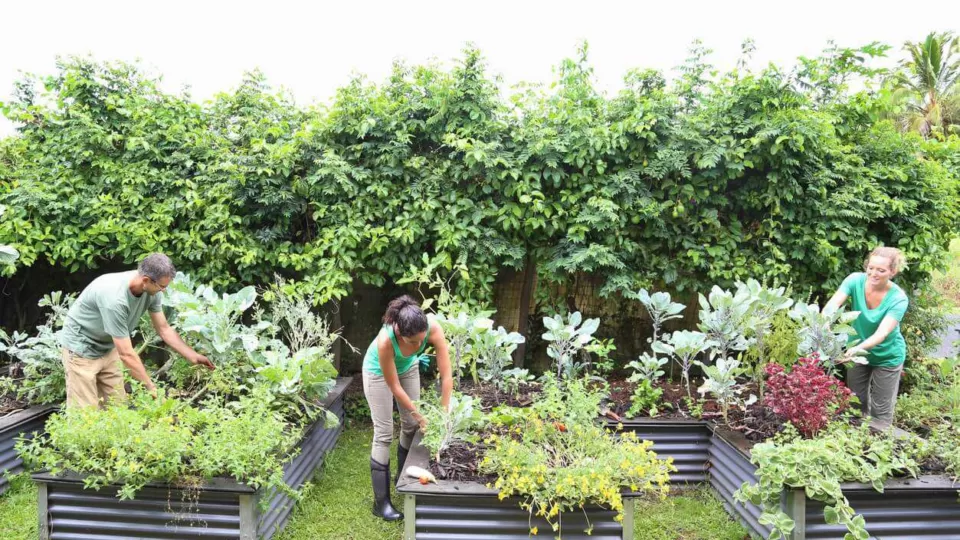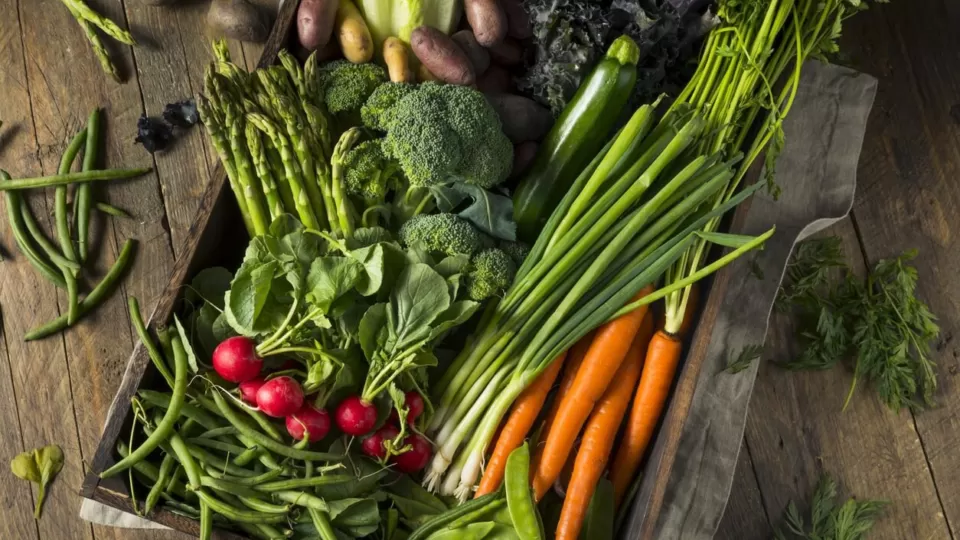Everything you need to know about allotment keeping
Allotment keeping is a popular and a sustainable way to grow your own food and gardening can do wonders for improving our physical and mental wellbeing.
An allotment is a communal plot of land you rent from your local council or a private landowner and share utilities likes fertilisers and water with other plot renters. The process of planning, renting, and running a successful allotment may seem intimidating and time consuming. Hence, we have compiled this guide with all the key facts, benefits, and the necessary information to get you started!
How do allotments work?
The tradition of allotment keeping dates back hundreds of years and is a great way to get a regular supply of fresh fruits and vegetables. To begin the process, you need to plan how you will use it practically over the years, get in touch with the council, decide what to plant and choose how to limit weeding. Start with low-maintenance fruits and vegetables that provide quick results, such as carrots or onions.
Benefits of allotment keeping
If you didn’t know already, there are quite a few benefits of having an allotment, such as, eating more organic, homegrown, super-nutritious fruits and vegetables. It also helps you to reduce your carbon footprint as you limit the use of pesticides and harmful chemicals. Similarly, the goodness of home-grown food involves less packaging and transportation sources, which in turn helps the environment.
It can also encourage social interactions and sense of community, as gradually you become an active part of the allotment community.
What does running an allotment entail?
Running an allotment sounds scary, but it’s all about getting familiar with the process and executing the project in the correct manner. Once you are assigned a plot, the first step is to eradicate all the weeds and then regularly hoe the plot. Afterwards, it’s time to get familiar with your plot and understand the soil. Evaluate the conditions of your plot, the type of soil, the weather conditions you’ll be working with and have a chat with the neighbouring plot holders.
As a new allotmenteer, try looking at local plots to get a feel of what it’s like, running your own. Looking around and learning from others is a great way to see what does well and what things to avoid when starting out on this new journey!
Once you know how to work with your soil type and the specific conditions, you are ready to plan your allotment’s layout and start growing delicious fruits and vegetables.

Coping with the weather conditions
Keeping an allotment is about getting your hands dirty and dealing with the challenges the weather condition brings. Soils are often quite difficult to work in dry periods as they lose their productivity. To get ahead of the situation, plan the year ahead to ensure fruits and vegetables are healthy and regularly watered, and this can be easily achieved with our Irrigatia kits. We use weather-responsive SMART irrigation controllers, that uniquely use solar power, to detect the changes in weather and alter watering according to the conditions.
Our Irrigatia system requires minimal supervision as it will water your plants automatically, using drip irrigation as an eco-friendly way to water them, every three hours and for longer when sunny. It’s an efficient and resource-conscious way to ensure your allotments are well-watered in the heat.
Harvesting and Picking!
Allotment newbies often forget to give enough thought to harvesting, picking, and storing the fruits of their labour. Many home-grown fruits and vegetables have a limited life span of 1-2 days like raspberry, beans, and broccoli. Similarly, you also need a storing space before they have gone past their eating period.
Predicting the picking days is therefore quite important and tricky to manage. Indeed, allotment keeping is hard work but growing your own produce is a very exciting, rewarding, and an economical way of living.

For more gardening tips and ways to save time and water, take a look through our latest blogs.
Remember to follow our social media channels to keep up to date with our latest growing journeys in the Irrigatia garden!
